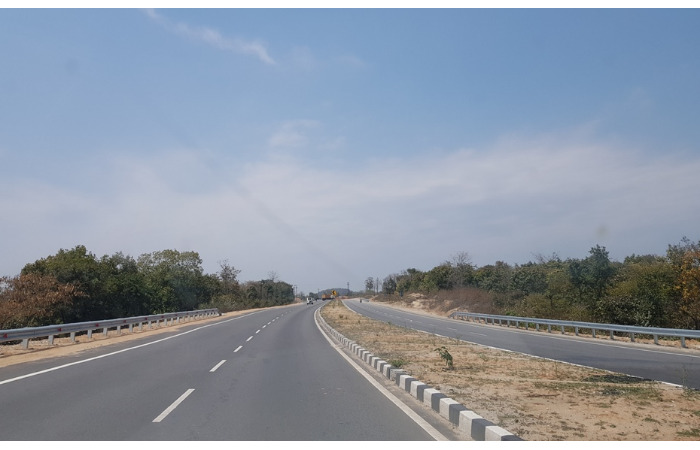
Revenue of road EPC companies to de-grow 8-10% this fiscal: CRISIL
Revenue of road-building engineering, procurement and construction (EPC) companies is expected to de-grow 8-10 per cent this fiscal with the COVID-19 pandemic-driven lockdowns severely curtailing activity, a CRISIL report says.
With lower awarding by the National Highways Authority of India (NHAI) in the last two fiscals, revenue growth was expected to taper to some extent. However, this fiscal, the slowdown in execution due to lockdowns and the resultant labour shortage are expected to push revenue growth into negative territory, the report points out.
Sachin Gupta, Senior Director, CRISIL Ratings, said, “Typically, in EPC projects, maximum execution and billing is done in March. However, the lockdown that began from March 22 halted work in the crucial last days of last fiscal and has continued to do so this fiscal. The pick-up in execution and mobilisation after the lifting of the lockdown will be gradual. The upshot would be revenue de-growing 8-10 per cent and margins for EPC companies being hit by ~200 bps in fiscal 2021.”
Given the effects of the lockdown, these companies had no execution and hence no income in April, but had to meet their fixed costs which are primarily employee and establishment costs. These account for ~12 per cent of the topline, and with sites operating at ~50 per cent efficiency in most of May, too, it would mean operating margins would decline ~200 bps to around 12 per cent this fiscal, according to CRISIL. Operations are likely to stabilise after monsoon as migrant workers return to project sites. The trajectory of recovery will therefore depend on the time taken to contain the pandemic.
That said, the slowdown is unlikely to materially impact the credit profiles of these companies, primarily because of their robust balance sheets. Efficient management of working capital and liquidity, though, will be key to tide over the current situation. To their credit, these companies have kept a check on their debt levels while pursuing growth. At a consolidated level, as on March 31, 2020, their capital structures were robust, with gearing at 0.5 time, compared with 0.80 time as on March 31, 2015. And despite incremental funding requirements of their underlying build-operate transfer and hybrid annuity model (HAM) projects, gearing is expected to remain healthy at 0.65 times as on March 31, 2021.
The reason for the low leverage is two-fold. Firstly, NHAI awards post 2015 have been predominantly through the EPC and HAM routes, entailing lower equity requirements given NHAI’s contribution to project cost. Secondly, divestment of road assets to infrastructure investment trusts (InvITs) and global equity funds have helped further improve the capital structure. The ensuing low leverage provides resilience in these times of subdued operating performance.
Says Sushmita Majumdar, Director, CRISIL Ratings, “As much as 90 per cent of the debt of the 300 CRISIL-rated road EPC companies analysed has an investment grade rating – BBB category and above. Their order books remain strong at around 2.2x of their last year’s revenues and liquidity is also stable, with bank limit utilisation averaging ~70 per cent. Even assuming the receivable cycle stretching by an additional 1-1.5 months, they are adequately placed to weather the current situation, thus keeping their credit profiles stable. But the remaining 10 per cent may see some credit pressure because of liquidity pressures.”
Efficient management of balance sheet and adequate liquidity would be the monitorables, along with project sites returning to full efficiency levels after monsoon, according to CRISIL.


 +91-22-24193000
+91-22-24193000 Subscriber@ASAPPinfoGlobal.com
Subscriber@ASAPPinfoGlobal.com